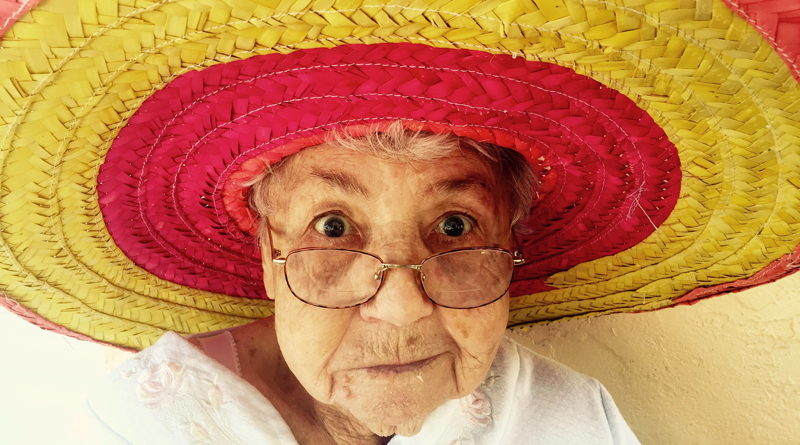Who You Calling A Senior Citizen?

For some folks, those are fighting words. Some people just don’t want to be referred to as a senior, elderly, retired, aged, or heaven forbid, old!
Just because someone’s approaching their golden years doesn’t mean they don’t still feel young at heart. While the most common term for older folks is ‘senior citizen,’ this isn’t always a fitting phrase in most contexts outside of legal forms and restaurant discount menus.
If you’re looking for alternatives to calling someone a ‘senior citizen,’ it’s not always easy to find clear options. In most western nations, to be a ‘senior citizen’ means to reach old age. However, age is more than just a number. What one person considers old might be someone’s middle age. For the purpose of this definition, someone becomes a senior citizen when they reach the onset of old age between 60 and 65 years old. This is the designated age because it’s when most Americans retire and qualify for assistance programs.
But, a growing number of people age 65 or older are postponing retirement. And plenty of others are launching second careers, starting new businesses, going back to school or training for their first marathon. Some are even starting new families and others may be taking up skiing and golf for the first time. Reaching 65 no longer signals the beginning of the end—more like a new beginning.
If we break down the term ‘senior citizen’ even further, it’s possible to draw more conclusions about what it means. For example, the term ‘senior’ on its own is generally a positive term. In the workplace, being a ‘senior employee’ is a good thing, and it highlights one’s mastery and expertise. Seniors are seen as wise and deserving of respect from their communities. Still, the phrase ‘senior citizen’ is often seen as patronizing and impolite to some.
With that in mind, where did the term ‘senior citizen’ come from? It may come as a surprise that this wasn’t always the normal term to describe the aging population. Prior to the 1930s, the term in North America commonly used was ‘old-age pensioner.’ Similarly considered derogatory, it was a practical way to refer to those who received a pension after retiring. Prior to pensions and social safety nets, it was expected for children and families to care for aging adults.
It’s common to associate loneliness, fragility and decline with old age. On the other hand, it also has been portrayed as a period of liberty, joy and prosperity. The experiences of each person are distinctive. But these modern-day aging stereotypes can significantly influence the choices people make. If you feel good about yourself and are in relatively good health often you will enjoy your retirement years with increased travel opportunities, exploring new hobbies, activities and acquaintances, and doing many things you were not able to do when trying to balance a career and raise a family. On the other hand, if you are plagued with poor health, financial hardship, perhaps a handicap or a spouse who suffers from such maladies, your outlook upon the golden years is apt to be tarnished somewhat.
As Benjamin Franklin once pointed out, nothing is certain except death and taxes — and the fact that your skin is destined to lose its fight with gravity. You don’t have to like it, but at least you can laugh about it thanks to these silly elderly jokes from RD.COM that poke fun at the inevitable:
- What is a prize old people can win for aging? Atrophy.
- What’s the best part of old age? That it doesn’t last very long.
- Which underwear brand do seniors love best? It Depends.
- What goes up but never comes down? Your age.
- Old age makes us great multitaskers. Why, I can sneeze and pee at the same time!
- I’ve decided: Whatever age I am is the new 30!
- I called the incontinence hotline recently. They asked if I could hold.
- And, finally, what’s the secret to having a smoking hot body as a senior? Cremation.
Do you have an elderly person in your life that you love and appreciate? Or maybe, like me, you are one! National Senior Citizens Day is Monday, August 21. It’s the day to let them know how much you care and it’s an opportunity to recognize their accomplishments. In 1988, President Ronald Reagan proclaimed this holiday to raise awareness about issues that affect senior citizens and their quality of life.
Today, seniors are still active in their communities as well as continuing to have a strong presence in the workforce. For all they do and have achieved for the good of their communities, senior citizens deserve our thanks!
- A July 4th Mystery Or Strange Coincidence? - July 5, 2024
- What Is Flag Day All About? - June 7, 2024
- ‘Mayday!’ & May Day - May 10, 2024


